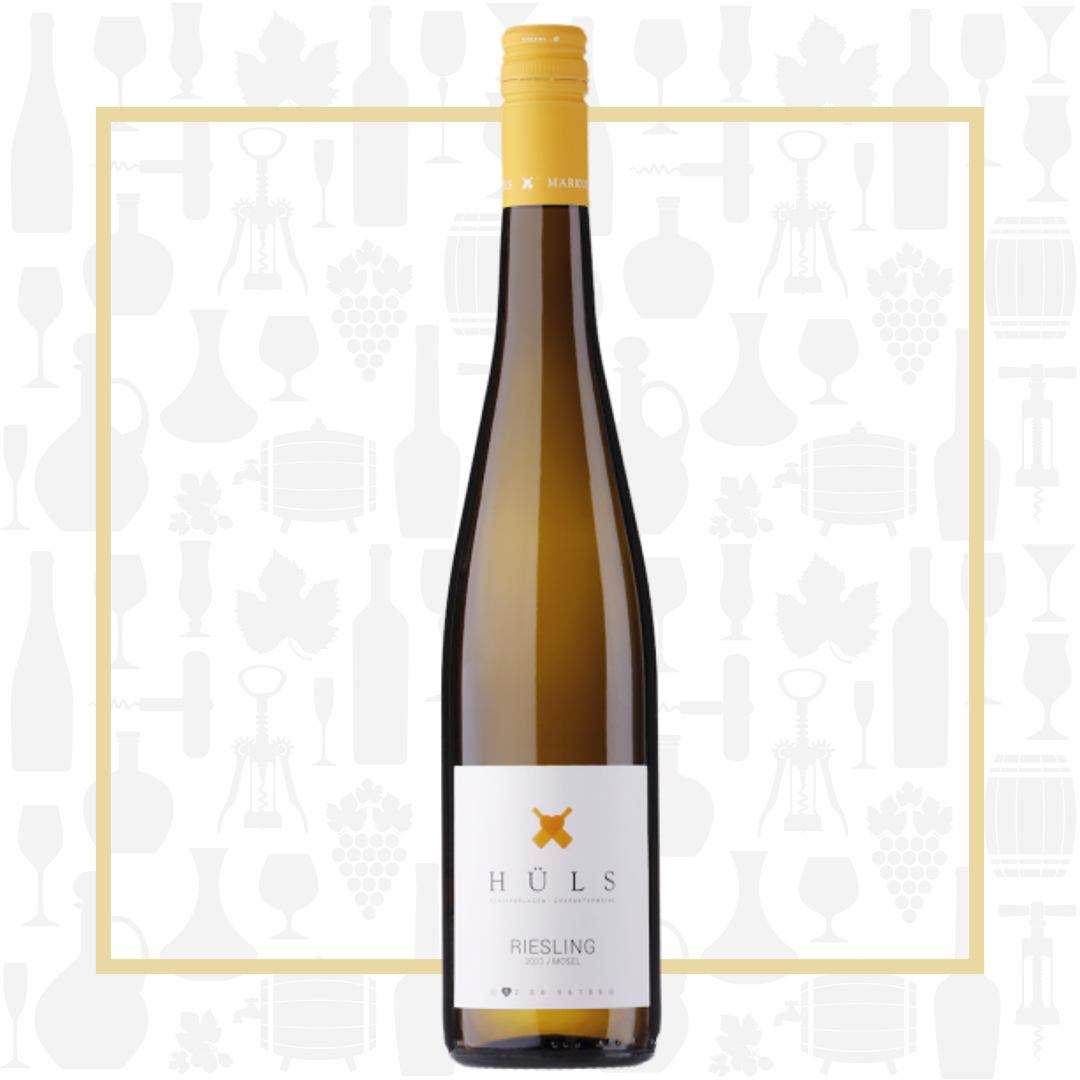Cellar Profile
Having cut his teeth interning with the iconic Markus Molitor, Markus Hüls is a new generation vintner, fundamentally turning traditional ideas of Mosel wine upside down. Modern management techniques in the vineyard are as important for him as time-honoured wine making methods. He selects special vine populations that are grafted onto extremely slow-growing rootstocks; these vines grow so slowly that the first yield is not expected until the fifth year after planting! The aim of this far-sighted action is a permanently low yield on the vine in the most natural way possible. With respect for nature, region and tradition — and an extra large dose of passion — Markus creates his own, modern style of complex, mineral, regionally-typical Mosel wines.
Region
Synonymous with Riesling, the Mosel is Germany’s oldest and best-known wine region. Named for the river which its vineyards surround, it stretches from Koblenz to the Luxembourg border in the southwest of the region. Along with its two tributaries, the Saar and Ruwer, the Mosel meanders slowly for nearly 250 km, often adjacent to incredibly steep Riesling vineyards planted in slate-based, poor soils. The valley which the river cuts through protects the vines from the cold and wind to create one of the warmest regions in the country, resulting in what most consider to be the finest expression of Riesling in the world. Styles are typically off-dry and fruity with low alcohol levels and unparalleled complexity. Riesling accounts for two thirds of plantings, but you will also find small amounts of Muller-Thurgau, Pinot Blanc and Pinot Noir.
Vineyard
Young winemaker Markus Hüls runs his own farm on the Middle Mosel. Grapes for this wine are sourced from 5.5 hectares of vineyards in the Kröver Letterlay and Kröver Steffensberg. These steep slopes of soft, well-ventilated Blue Devonian clay slate are rich in minerals that are easily absorbed by the roots of the vines. A southern exposure and 40%-85% degree slope guarantee optimal solar radiation. There is no use of fungicides, herbicides or pesticides! High plant density and extremely low yield per vine result in maximum aroma diversity,
Winemaking
These vineyards are some of the steepest on earth, so the hand harvesting is done heroically, rappelling up and down the precipitous slopes using harnesses. The wines are gently pressed, then given some skin contact to add complexity and bite, before the long, cool fermentation using indigenous yeasts. The wine then ages in a combination of stainless steel and old, inert barrels before bottling.
Varieties
One of the wine world’s great white grapes, Riesling is best grown in cooler climates where it thrives from a long, slow growing season that develops its intense aromatics and renowned acidity. It is home in Germany but is also grown successfully throughout the wine world, notably in the Alsace region of France, cooler areas in Australia and South Africa and, of course, here in Ontario. Styles vary according to site and producer, from sweet and fruity to bone-dry and austere and everything in between.
Tasting Notes
The first whiff of ripe peach, red apple and stony minerality lets you know this is classic Mosel Riesling. There are layers of apple, stone fruit and a hint of pink grapefruit, but the tingling fresh acidity keeps this from being any more than slightly off-dry. The minerality offers a crunchy salinity to the mid-palate. The finish is fruit-driven, but crisp. Chill lightly and enjoy as an aperitif or with spicy Thai green curry or grilled prawns.

